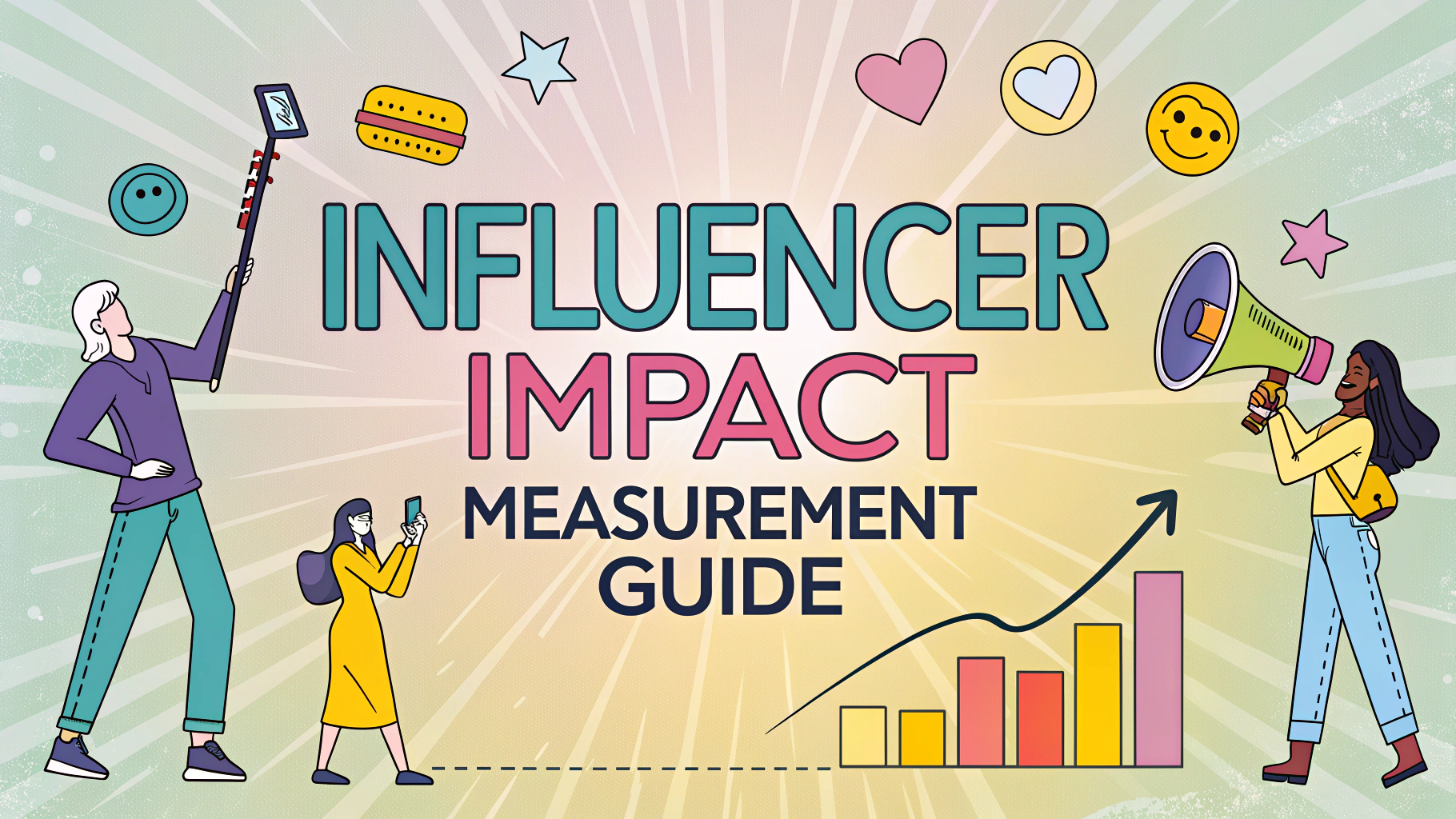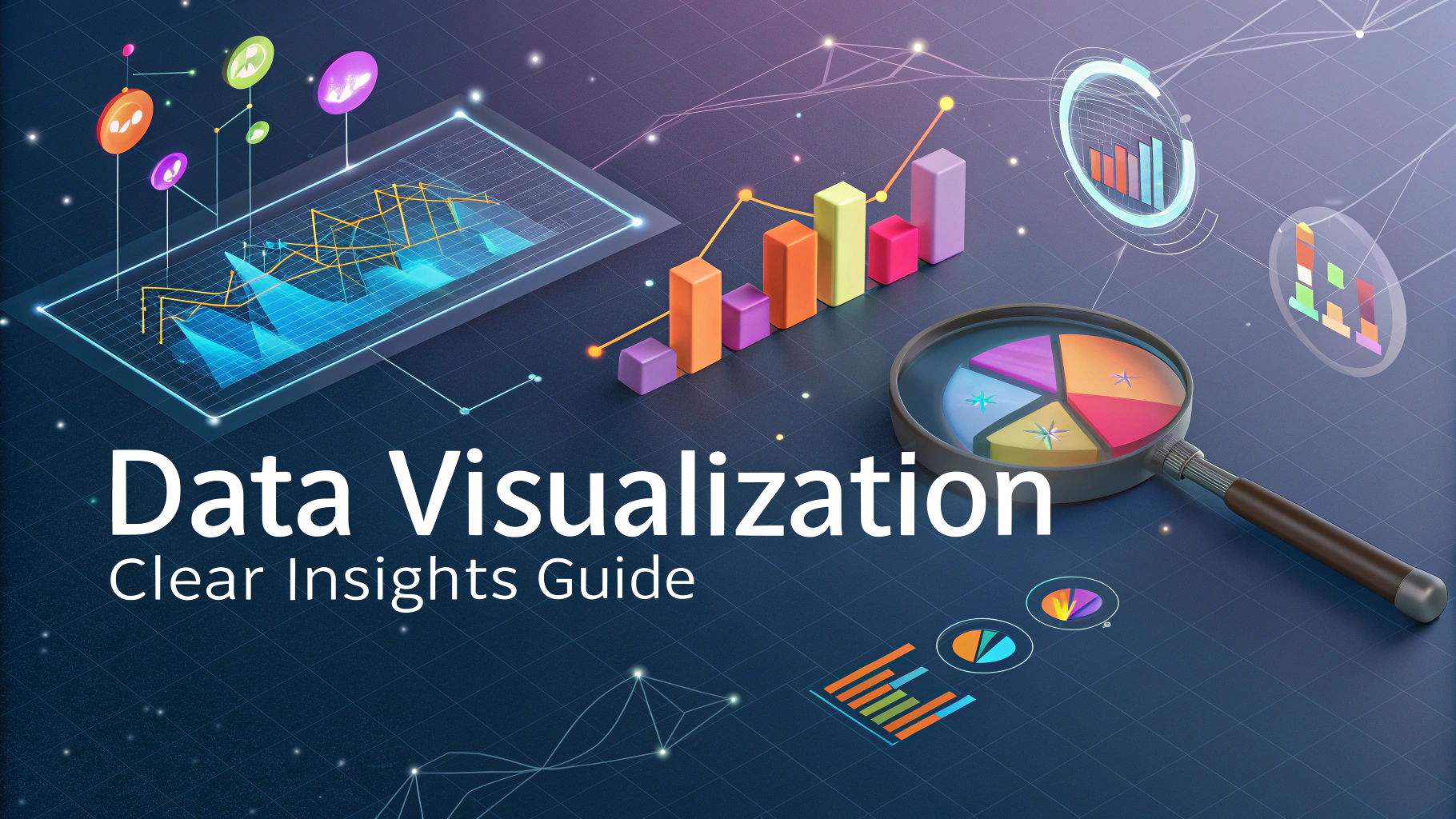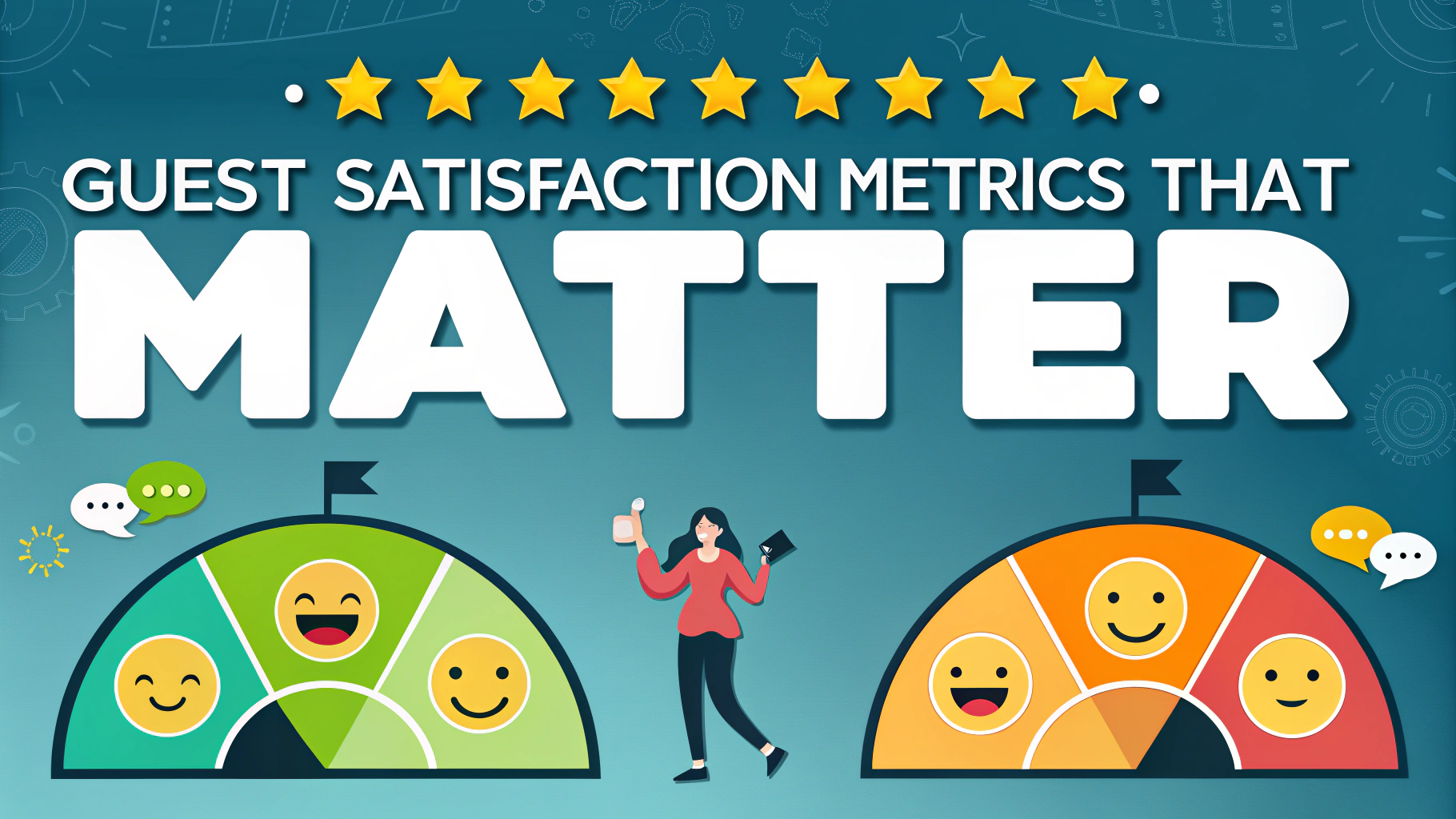Guest privacy has become a defining factor in hotel marketing success, with travelers increasingly choosing properties based on their data protection practices.
Hotels must balance personalized service delivery with robust privacy measures to build lasting trust with their guests.
This guide examines practical approaches to privacy-first marketing that enhance guest confidence while maintaining effective promotional strategies.
Key Privacy Considerations for Hotel Marketers
- Data collection transparency
- Secure storage protocols
- Guest consent management
- Third-party data sharing policies
- Cookie compliance
Building Trust Through Transparent Communication
Clear privacy policies written in simple language help guests understand how their information will be used.
Display privacy notices prominently on booking platforms and mobile apps.
Implement easy-to-use preference centers where guests can control their data sharing settings.
Data Collection Best Practices
- Collect only essential information needed for bookings and service delivery
- Use secure forms with SSL encryption
- Store data on protected servers with regular security updates
- Train staff on proper data handling procedures
Privacy-Compliant Marketing Strategies
Implement first-party data collection through direct bookings and loyalty programs.
Use contextual advertising instead of relying heavily on personal data tracking.
Create segmented email lists based on explicit guest consent.
Technical Implementation Tips
- Install SSL certificates on all web properties
- Use secure payment gateways (Stripe, PayPal)
- Regular security audits of marketing tools
- Privacy-focused analytics alternatives (Plausible, Fathom)
Compliance with Privacy Regulations
| Regulation | Key Requirements |
|---|---|
| GDPR | Explicit consent, right to erasure |
| CCPA | Opt-out rights, data disclosure |
| PIPEDA | Limited collection, transparent purpose |
Privacy-Enhanced Guest Communications
Send targeted communications based on booking history rather than tracked behavior.
Use encrypted messaging systems for guest service communications.
Implement secure guest portals for managing preferences and personal information.
Measuring Success While Respecting Privacy
- Track aggregate data instead of individual behavior
- Focus on conversion rates from privacy-respecting channels
- Monitor opt-in rates for marketing communications
- Survey guests about their privacy satisfaction
Moving Forward with Privacy-First Marketing
Regular privacy impact assessments help identify and address potential risks.
Stay informed about evolving privacy regulations and adjust practices accordingly.
Build privacy considerations into all new marketing initiatives from the planning stage.
Contact your local hotel association or privacy professional for specific guidance on implementing these measures.
Guest Data Lifecycle Management
Implement clear retention policies for guest data with automated deletion schedules.
Create systematic processes for handling data access and deletion requests.
- Define data retention periods by type
- Document deletion procedures
- Maintain request logs
- Regular data cleanups
Staff Training and Privacy Culture
Develop comprehensive privacy training programs for all customer-facing staff.
Create clear protocols for handling guest information in daily operations.
Key Training Components
- Data handling procedures
- Privacy breach response
- Guest rights awareness
- Security best practices
Crisis Management and Breach Response
Establish clear procedures for handling potential data breaches.
Maintain communication templates for guest notifications.
- Incident response team assignments
- Documentation requirements
- Regulatory reporting procedures
- Guest communication protocols
Securing the Future of Hotel Privacy
Privacy-focused marketing represents a competitive advantage in the evolving hospitality landscape.
Hotels that prioritize guest data protection while delivering personalized experiences will build stronger brand loyalty.
Continuous adaptation to new privacy challenges and regulations ensures long-term success in hotel marketing.
- Regular policy reviews
- Technology updates
- Staff refresher training
- Guest feedback integration
FAQs
- What is privacy-first marketing in the hotel industry?
Privacy-first marketing is an approach that prioritizes guest data protection and transparency while delivering personalized experiences, complying with regulations like GDPR and CCPA, and giving guests control over their personal information. - How can hotels collect guest data ethically in 2024?
Hotels can collect data ethically by obtaining explicit consent, providing clear privacy policies, implementing secure data collection methods, offering opt-out options, and only gathering essential information needed for service delivery and guest experience enhancement. - What are the key privacy regulations affecting hotel marketing in 2024?
The main regulations include GDPR (Europe), CCPA (California), PIPEDA (Canada), and various state-specific privacy laws in the US. Hotels must comply with data protection requirements, consent management, and data subject rights. - How can hotels personalize marketing while maintaining privacy?
Hotels can use first-party data with consent, implement privacy-preserving analytics, use cookieless tracking alternatives, and focus on contextual marketing rather than invasive personal data collection. - What are secure alternatives to third-party cookies for hotel marketing?
Alternatives include first-party cookies, server-side tracking, privacy-friendly analytics platforms, contextual advertising, and authenticated user data with explicit consent. - How should hotels handle guest data breaches?
Hotels must have incident response plans, notify affected guests and authorities within required timeframes, provide necessary support to affected individuals, and implement measures to prevent future breaches. - What privacy-focused marketing metrics should hotels track?
Key metrics include consent rates, opt-in/opt-out ratios, privacy policy engagement, first-party data quality scores, and privacy-compliant conversion tracking through aggregated data. - How can hotels build trust through privacy transparency?
Hotels can build trust by clearly communicating data practices, providing easily accessible privacy controls, being transparent about data usage, regularly updating privacy policies, and demonstrating commitment to data protection through certifications and compliance. - What role does encryption play in privacy-first hotel marketing?
Encryption protects guest data during collection, storage, and transmission, securing personal information, payment details, and marketing communications through methods like SSL/TLS protocols and end-to-end encryption. - How can hotels leverage privacy as a competitive advantage?
Hotels can differentiate themselves by promoting their privacy-first approach, offering enhanced data control features, maintaining strict vendor privacy standards, and highlighting their investment in data protection infrastructure.







